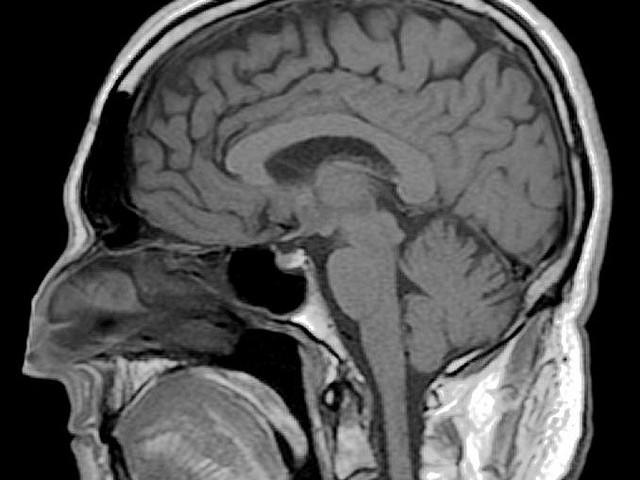
Section Branding
Header Content
Drug Could One Day Treat Parkinson's
Primary Content

Scientists at Georgia Health Sciences University in Augusta have identified a drug that could one day be a potent treatment for Parkinson’s disease.
The research used a new kind of antioxidant to prevent the disease’s development.
Neuroscientist Bobby Thomas and his colleagues targeted a substance in the body called Nrf2 that fights oxidative stress and inflammation. They used powerful new antioxidants to keep Nrf2 from degrading so it can trigger genes that control antioxidant and anti-inflammatory response.
“Basically, it can prevent the induction of oxidative stress and also exacerbated inflammation, which we clearly see in Parkinson’s,” Thomas said.
Thomas says patients with Parkinson’s have an overload of this oxidative stress and the body’s response – inflammation – which can lead to the death of brain cells that produce dopamine. So by regulating that response with the new drugs, they were able to prevent development of the disease in animal models.
The researchers tested the drugs in mice that developed Parkinson’s-like damage within days in the lab. Now they’re testing them on animal models that are genetically programmed to develop the disease more slowly, like humans do.
Thomas says it’s the first time this new class of antioxidants has been tested on Parkinson’s-like brain damage.
“These drugs have been tested on other diseases, such as diabetes, and people have tested them in models of multiple sclerosis and Huntington’s disease,” Thomas said. “But in Parkinson’s, clearly this is the first use of these antioxidants.”
Tags: Georgia Health Sciences University, Parkinson's disease, Bobby Thomas, Parkinson's research, antioxidants, inflammation
